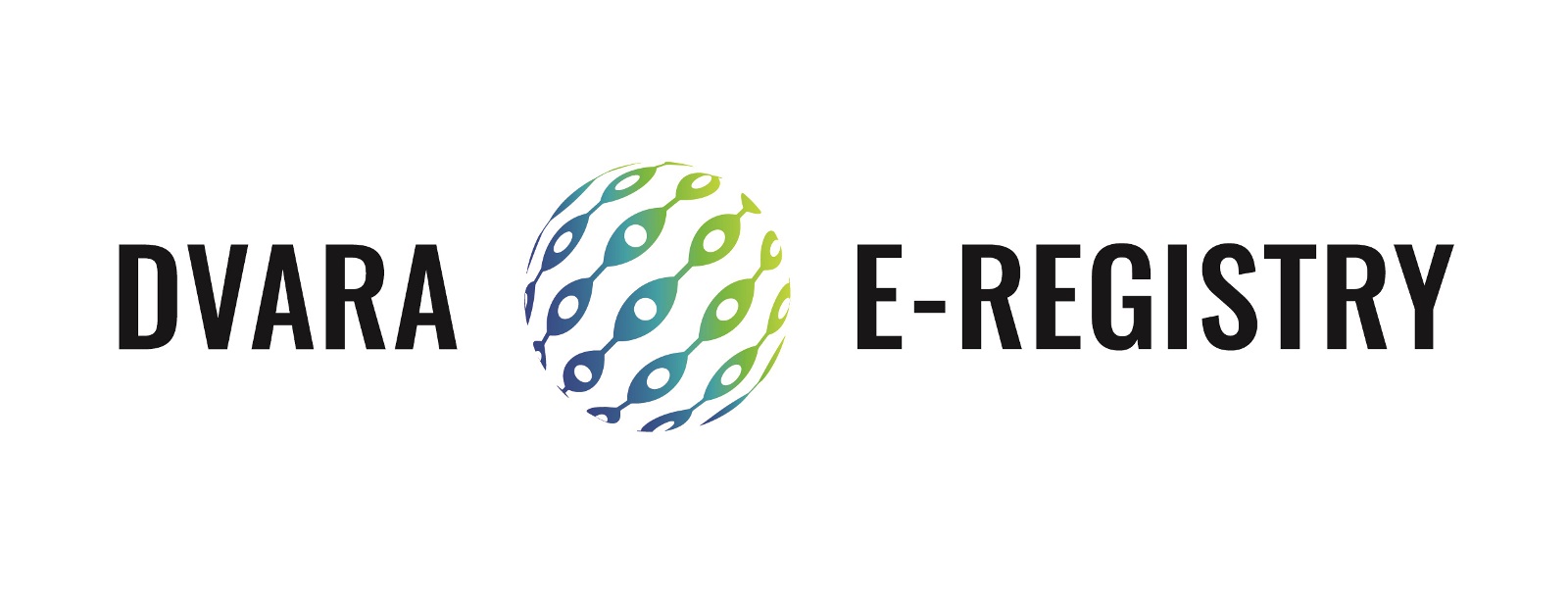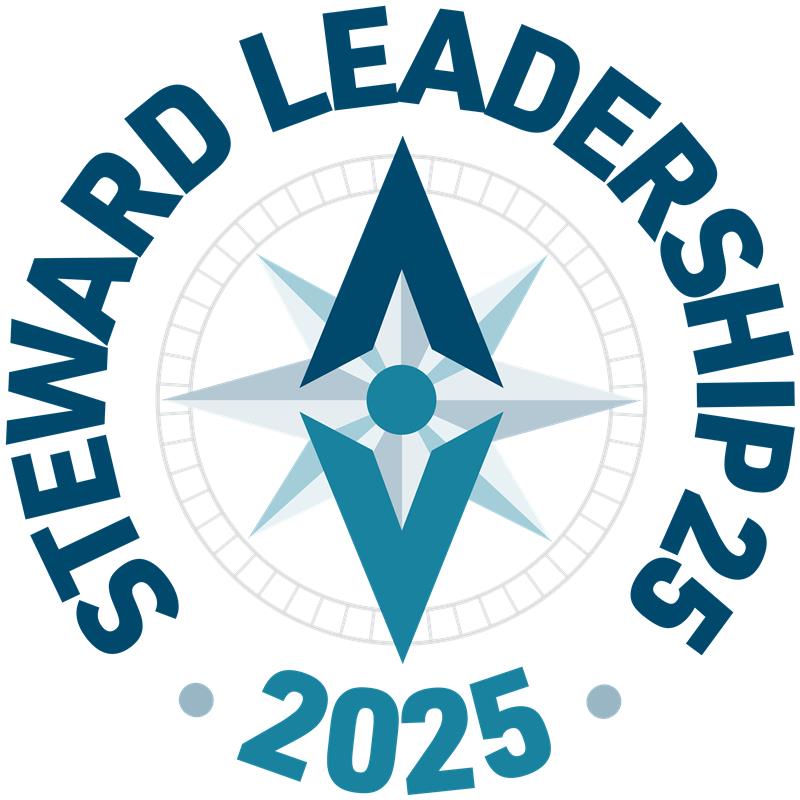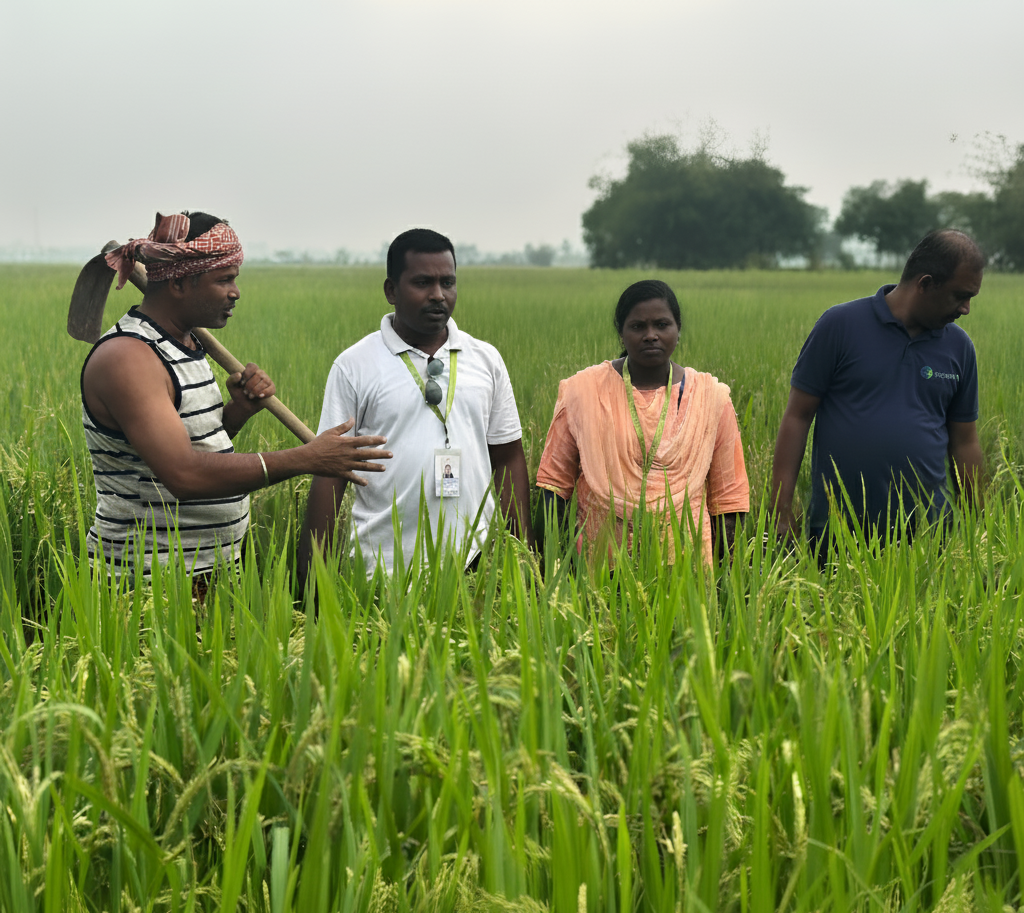Through AI-driven credit and digital advisories, Dvara E-Registry is unlocking climate finance and resilience for India’s smallholder farmers.
Challenge
Most of India’s 140 million smallholder farmers grow food on less than a hectare of land that sustains their families and communities. Yet 70 percent of these smallholder farmers including women farmers remain shut out of formal finance. With no collateral or credit history, they turn to local moneylenders who charge crushing exorbitant interest rates, locking them in cycles of debt. Climate change only makes things harder. Erratic rainfall, rising temperatures, and soil degradation demand new ways of farming, but without affordable finance or reliable information, smallholders cannot invest in sustainable practices. What should be India’s most resilient backbone remains one of its most vulnerable.
.jpeg?sfvrsn=3e640999_2)
Solution
Dvara E-Registry created Doordrishti, a digital platform designed to change this story. At its core is Khetscore, an AI-driven tool that replaces traditional credit checks with 200+analysing farm-level data points drawn from remote sensing and field observations. Khetscore is a 3-year historic index, generated by analysing 200+ data points of farmer fields for 11 different parameters on farm activity assessment, land productivity estimates and impact of climate change in geography. Instead of paperwork and collateral, farmers are assessed on the realities of their fields, cash flows from agricultural activities—unlocking collateral-free loans and climate finance that cost 30–50 percent less than informal credit.
Doordrishti weaves in mobile apps, FPO dashboards, and climate-smart advisories that deliver customised crop advisories adjusted to crop, date of sowing, and weather forecasts, weather alerts, cropping insights, and market prices straight to farmers. Women-led FPOs are digitised and trained, while customised advisories guide farmers on everything from bio-input use to soil health.
The model also opens new doors: carbon credit programmes that reward low-emission practices, seed multiplication initiatives that boost productivity, and digital & financial literacy that empowers women to take charge of household financial decisions.
By 2025, more than 35,000 farmers, 35% being new to credit, accessed $18 million in climate finance.
Impact
While all loans mandatorily involve women as primary or co-borrower, over 40 percent of loans went to women as primary borrower, shifting financial agency within households. Farmers who once relied on local moneylenders are now accessing loans at half the cost, raising their profitability, confidence and resilience.
Doordrishti has delivered over 400,000+ customised advisories, helping farmers adapt to climate smart agricultural practices, shifting rainfall patterns and market volatility. Market linkages worth $3 million have raised incomes for more than 6,000 farmers by 10–15 percent.
Environmental benefits are equally compelling. More than 206,000 acres are now enrolled in carbon credit programmes, farmers are optimising fertiliser use through soil-nutrient testing, and salinity is being reversed through phospho-gypsum treatments. These shifts are helping restore soil health while reducing emissions.
Future outlook
The ambition ahead is bold. By 2030, Dvara E-Registry aims to reach 1.2 million farmers across 10 states, facilitating $150 million in climate finance. In the short term, it plans to deliver half a million advisories annually and expand market linkages to $6 million by FY26. Establishing its own NBFC will allow greater flexibility in lending, giving smallholders tailored financial products without reliance on guarantees.
By reimagining how finance, technology, and farming intersect, Khetscore and Doordrishti show that resilience is not built from subsidies or stopgaps, but from ownership. For farmers once excluded from the formal system, every loan, every advisory, every new market connection is more than support, it is a step toward claiming a climate-smart future.

Learn more about Dvara E-Registry Private Limited through their website. To collaborate or connect, reach out directly to our SL25 team.
Connect














